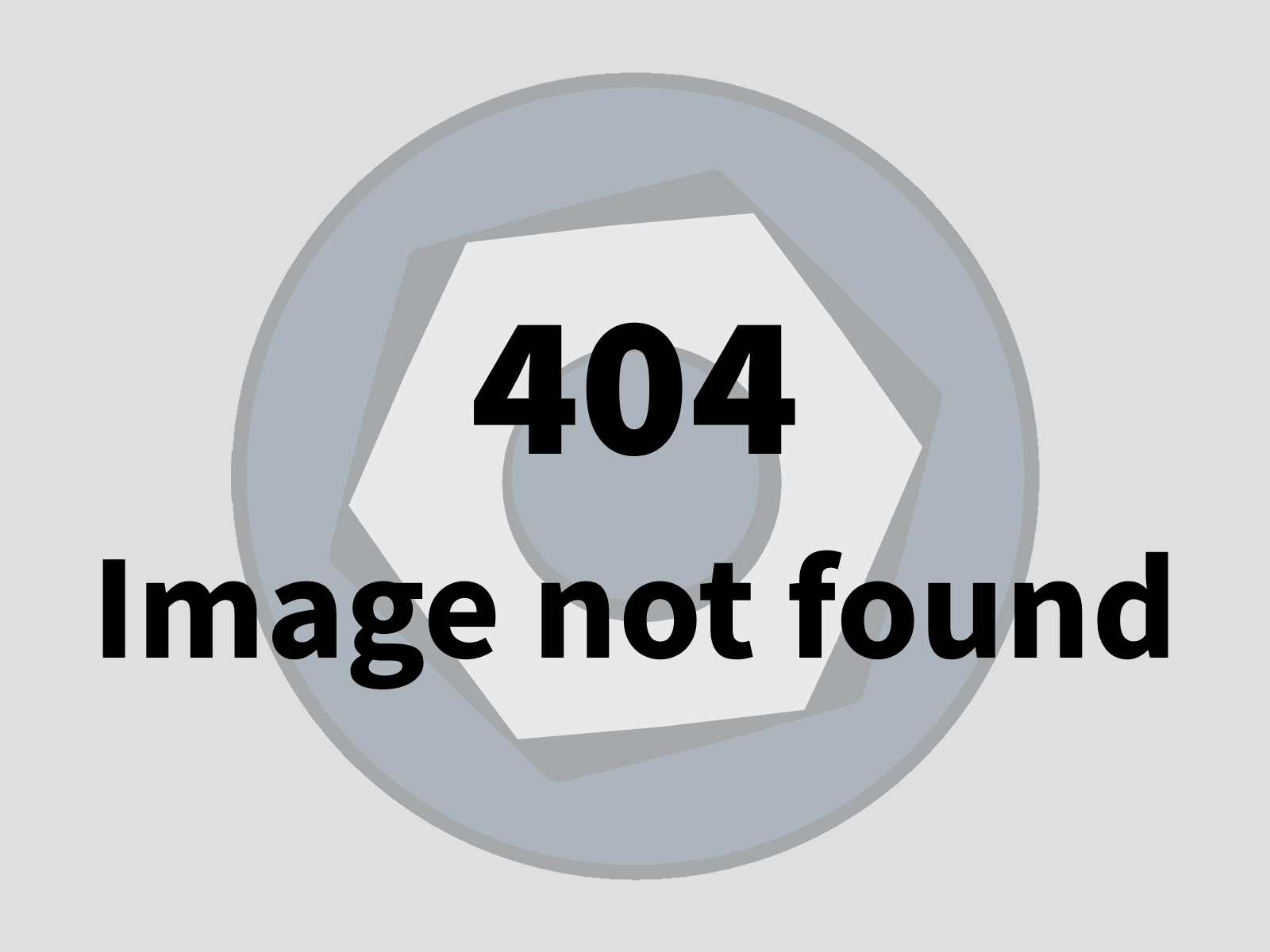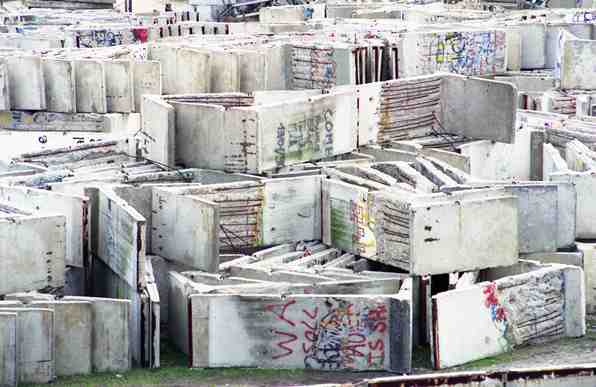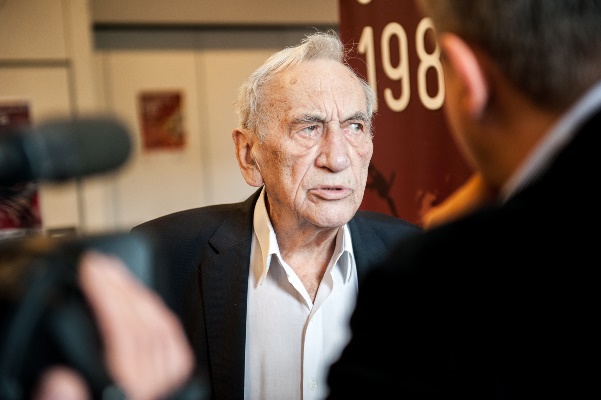Europeana 1989 launched in Warsaw

Europeana recently launched a new project called 'Europeana 1989'. In the same way that we've been encouraging people with family stories about the First World War to share them by coming to roadshows or uploading them online, we're now asking people with personal experiences of 1989 to do the same. The goal is to create a digital archive of first-hand accounts of the fall of the Iron Curtain and other revolutionary events of 1989.

The Europeana 1989 project asks people from every country involved to digitise their own stories, photos, videos and sound recordings of 1989. The result will be a fascinating archive for present and future generations that can be explored for learning, personal interest and research work. Europeana 1989 is collaboration between eleven partner institutions, Historypin and the Europeana Foundation.
The project kicked off in Warsaw, Poland, on Saturday 8 June. Many Warsovians came to the House of History to share the personal memories and belongings that paint a picture of what the changes in 1989 meant to them.

Original pieces of Berlin Wall. Wir Waren So Frei, Stiftung Deutsche Kinemathek, CC-BY-SA
The event started with a lively public debate on the importance of preserving the experiences and memories of ordinary people. Each partner country was represented by a project ambassador who played a significant role in the events of 1989 and who will now continue to support and promote Europeana 1989. The project ambassadors are: Sarmīte Ēlerte from Latvia, Vytautas Landsbergis from Lithuania, Tunne Kelam from Estonia, Petr Janyška from the Czech Republic, Wolfgang Templin form Germany and László Rajk from Hungary. Poland is represented by former Prime Minister Tadeusz Mazowiecki and photographer Chris Niedenthal.

Europeana 1989 ambassadors debate the importance of preserving the experiences of ordinary people.
'The common democratic uprising of the people of central and eastern Europe in 1989 paved the way for the unification of Europe. Europeana 1989 will now bring the personal experiences of these citizens’ movements together, help to transfer the knowledge to younger generations and unite Europe even further,' said Tadeusz Mazowiecki during the debate.

Former Prime Minister of Poland, Tadeusz Mazowicki
At the conclusion of the debate, the project ambassadors launched the collection day by sharing their own private memorabilia and stories. People from Warsaw and across Poland then followed suit with personal memorabilia ranging from photos to underground pamphlets, and from a teddy bear up to the biggest object digitised so far: a Polonez car, produced in Poland during the '80s.

Teddy bear brought to the first Europeana 1989 collection day.
A Wikipedia editathon took advantage of the first collectoin day, putting some of the first contributions into context and using them to create new Wikipedia pages or to enrich existing ones.
All campaigns in the partner countries will highlight important events from 1989. In Poland, for instance the collection days coincide with the anniversary of the first free election; in Lithuania, Latvia and Estonia, events tie in with the Baltic Way, the biggest peaceful demonstration in history; and in Hungary, events will relate to the actual cutting of the Iron Curtain on the border with Austria.
Everyone is welcome to bring their memorabilia of 1989 to collection days, organised by Europeana and the project partners. Bring your photographs, sound and video recordings, leaflets, letters and other memorabilia. Experts will be on hand to make digital copies of these items and to record the stories that go with them for future generations. The next events will be:
- 14-15 June, 10:00-20:00, Kórnik Library, Działyńskich Palace, Poznan, Stary Rynek 78/79
- 21-22 June, 10:00-20:00, European Solidarity Centre, Gdansk, Wały Piastowskie 24
- August 2013 in Vilnius, Riga and Tallinn
If you can’t attend one of our events, then you can contribute online. It’s simple. Just register on www.europeana1989.eu, upload your items along with the stories that go with them, and pin them to the map of Europe.
Keep track of what’s going on in the project on Facebook and Twitter.
